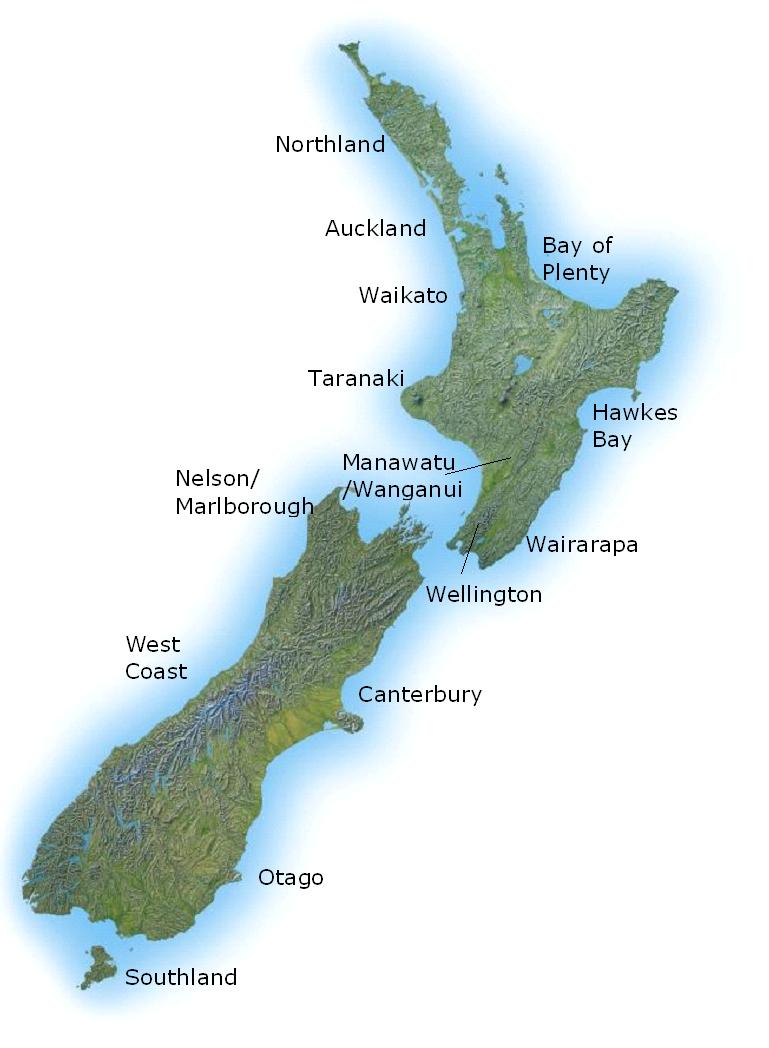The Massey University Home Affordability report said affordability improved over the last quarter as falling interest rates and rising wage rates offset a slight increase in the national median house price.
The report said the median house price is up $5,000 to $355,000, the average monthly mortgage interest rate fell from 6.29% to 6.21$ and the third affordability driver - average weekly wages - increased from $997.42 to $1006.68.
Massey University Professor Bob Hargreaves said a mix of cautious buyers and determined sellers, combined with low rates of construction, had resulted in a subdued housing market.
"The national housing market is characterised by cautious buyers, weak turnover rates, determined sellers, expectations of mortgage interest rates remaining stable in the short term, very low rates of new construction and a continuing exodus of New Zealanders to Australia," he said.
"The first signs of future improvements in house prices are likely to be increased turnover rates, particularly in Auckland, coupled with improvements to the overall New Zealand economy."
The report assesses house affordability by combining national house prices, interest rates and wages to calculate an average affordability figure of 100, which individual regions are then measured against.
With an index of 139.3% Central Otago Lakes was the least affordable area, followed by Auckland (122.1%) and Nelson/Marlborough (99.8%).
Southland remained the most affordable location with an index of 58.7%, followed by Manawatu/Wanganui (67.8%) and Otago (72.7%).
Annually, all districts national affordability improved by 8.4%, and all twelve regions saw improved annual affordability.



 Search
Search
